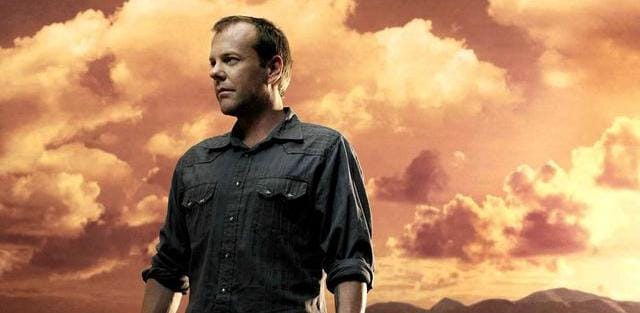Why are television’s male protagonists caught in a stalemate?

As we often find in gaming, some of the most successful television titles feature leading male figures. Caught within a certain world and predicament, everything within the narrative seems to change and evolve…except for themselves.
The Atlantic published an essay yesterday on this current phenomenon unfolding on the silver screen. Television has seen instrumental remodeling with the movement away from episodic shows such as Law and Order or, if we really want to examine TV history, masterpieces such as The Twilight Zone. Now, long-form dramas with lengthy story arcs reign supreme, ranging from HBO’s early successes with The Sopranos and The Wire to today’s cable hits ranging from Mad Men, Breaking Bad, The Walking Dead, and so on. Yet, the more recent series have run into a pretty fundamental problem: the male protagonists, who by very definition are meant to learn and grow as characters, simply do not.
Consider Rick Grimes, former policeman and unofficial enforcer of law and order in The Walking Dead’s post-apocalyptic domain. He has braved too-many-to-count hoards of zombies and unruly living folk only to…what? The character is as solid as when he escaped from the hospital in episode one. He still fashions the same sheriff’s hat, an obvious symbol of power, and still manages “his group” with an unwavering sense of responsibility. We see the same effect once Walt completely converts to the dark side in Breaking Bad. And 24’s Jack Bauer has let down all of humanity how many times?
The article expands on the Don Draper quandary as well:
And then there’s Don Draper, who spent the first season drinking and carrying on with young, artsy brunettes… and ended the fourth season drinking and carrying on with a young, artsy brunette. This is not necessarily a fault with Mad Men; there’s nothing inherently wrong or unrealistic about a static main character (most tragedies are, after all, built around them). But I have a small, nagging feeling that Mad Men won’t let Don Draper evolve. Series-best fourth-season episode “The Suitcase” made Don Draper’s rock-bottom so visceral, and his subsequent guilt and recovery so honest, that it wasn’t just disappointing to watch him make the same mistakes in the season’s finale-it was implausible.
This brand of unrelenting male leader, while something to aspire to in some ways, has grown tired and overtly predictable, as seen in many games as well. While Mass Effect’s Commander Shepherd is clearly the center of action, it is difficult to say whether the alternate endings really address any character growth. If these personas that we either watch or play as are really an extension of ourselves, don’t want we want to learn from our participation?
-Lyndsey Edelman
[link]



